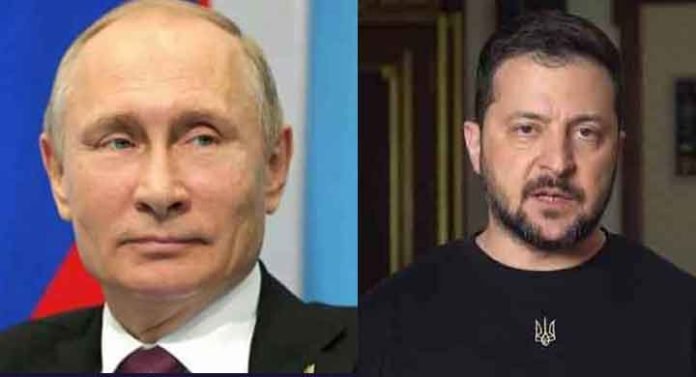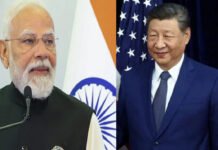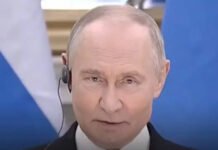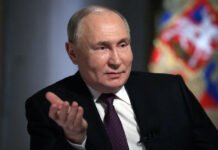Amidst the ongoing turmoil in Ukraine, the world’s attention is drawn to the upcoming peace talks in Switzerland, proposed to address the crisis. However, recent remarks from Ukrainian President Volodymyr Zelensky have shed light on the complexity surrounding China’s potential involvement in these talks. Zelensky’s statement regarding China’s perspective on the war and its implications for global dynamics adds a new layer of intrigue to the diplomatic landscape.
China’s Perspective: A Victory for America?
During a recent interview, President Zelensky revealed a striking insight into China’s stance on the conflict between Russia and Ukraine. He stated that China believes that if Russia loses the war, it will be perceived as a victory for America. This assertion underscores China’s strategic calculus and its perception of the geopolitical repercussions of the conflict’s outcome.
Zelensky elaborated further, emphasizing that China sees the potential defeat of Russia as aligning with the interests of Western nations. He highlighted China’s delicate balancing act in navigating its relationships with both Russia and the West, indicating a nuanced approach to its diplomatic engagement in the region.
Ukraine’s Call for Chinese Participation in Peace Talks
Against this backdrop, President Zelensky issued a call for China’s participation in the upcoming peace talks in Switzerland. He underscored the importance of China’s involvement in fostering a resolution to the crisis, emphasizing the need for a balanced and inclusive approach to diplomacy.
Key Issues on the Agenda
As preparations for the peace talks progress, President Zelensky outlined three critical issues that he hopes to address:
- Free Navigation in the Black Sea: Zelensky emphasized the necessity of ensuring unrestricted navigation of ships in the Black Sea, particularly in light of the global food crisis and Ukraine’s need to facilitate grain exports.
- Protection of Energy Centers: The Ukrainian President called for an end to attacks on energy infrastructure, highlighting the importance of safeguarding critical energy assets amidst the conflict.
- Repatriation of Ukrainian Children: Zelensky expressed the urgency of facilitating the return of thousands of Ukrainian children who have been displaced to Russia during the conflict, emphasizing the humanitarian dimensions of the crisis.
Switzerland’s Initiative for Peace Talks
In response to the escalating crisis, the government of Switzerland has announced plans to convene high-level peace talks focused on addressing the Ukraine crisis. Scheduled for mid-June, these talks aim to bring together key stakeholders to explore avenues for de-escalation and conflict resolution.
Despite the absence of Russia’s participation in the peace talks, President Zelensky has extended invitations to China and South Asian countries to participate in the conference. This inclusive approach underscores Ukraine’s commitment to engaging a diverse array of actors in the pursuit of peace and stability.
China’s Mediating Role
While China has expressed its intention to remain neutral in the Russia-Ukraine conflict, it has also signaled its willingness to play a mediating role between the two nations. This stance reflects China’s broader aspirations for regional stability and its recognition of the strategic significance of the conflict in Eastern Europe.
Criticism of South Asian Countries
In his remarks, President Zelensky also criticized South Asian countries for their perceived lack of condemnation regarding Russia’s actions in Ukraine. This statement comes amidst Russian President Vladimir Putin’s visit to China, raising questions about the dynamics of regional alliances and diplomatic maneuvering in the Asia-Pacific region.
As the Ukraine crisis continues to unfold, the role of external actors such as China takes on heightened significance. President Zelensky’s insights provide valuable context for understanding China’s perspective on the conflict and its implications for global geopolitics. Moving forward, the international community must remain vigilant and proactive in pursuing diplomatic solutions to mitigate the humanitarian toll of the crisis and pave the way for lasting peace in the region.
















